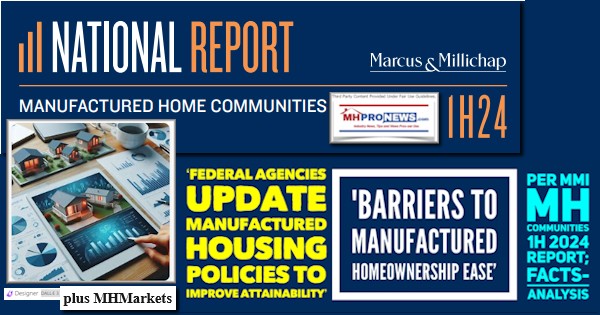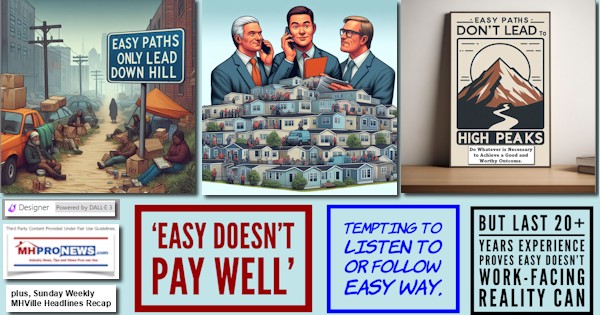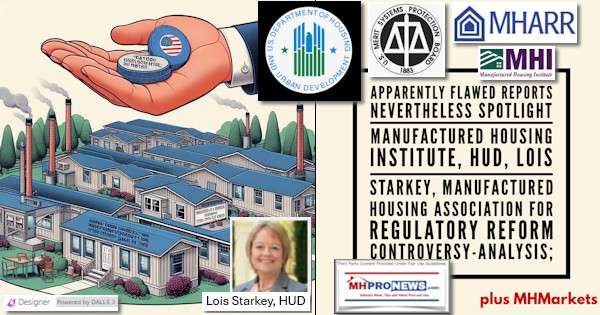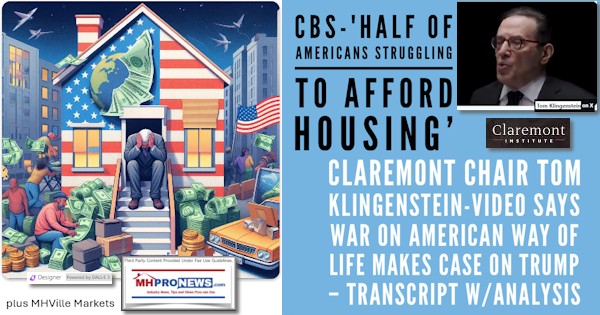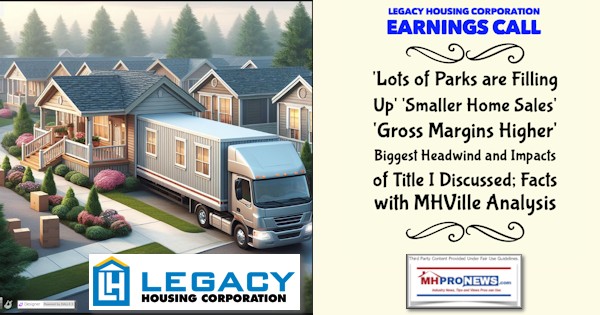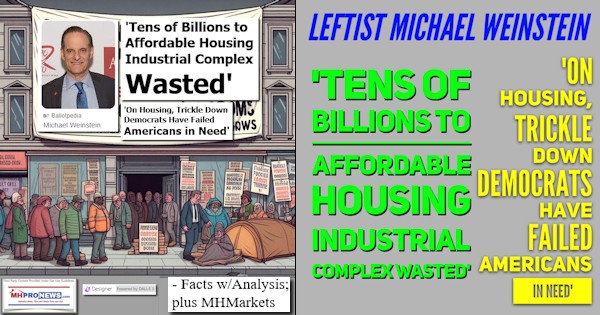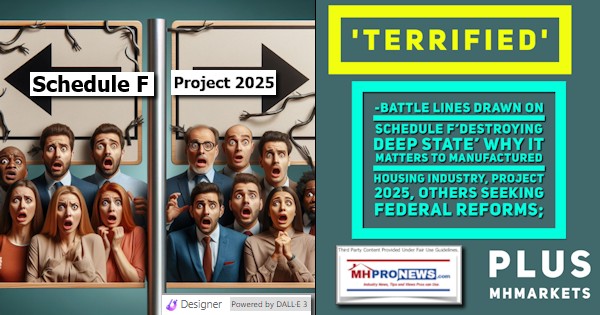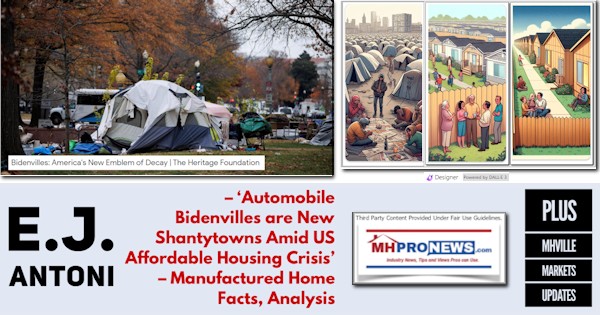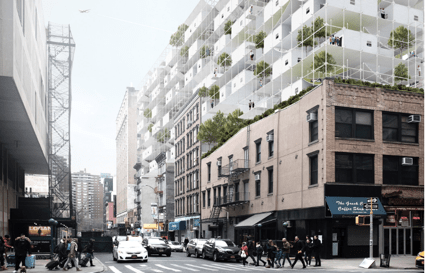
In an effort to tackle the affordable housing challenges in New York City, two designers have looked up, but not to build skyscrapers.
According to Dezeen, Instant City: Living Air-Right, a plan created by designers Beomki Lee and Chang Kyu Lee, calls for using vacant airspace over existing New York buildings to create affordable modular apartments and public areas.
The design consists of white, modular housing units in a grid-like structure that would perch on top of existing low-rise buildings.
“An Instant City celebrates multi-dimensional interaction between habitants and city structure, while maintaining habitants’ daily activities within the condition of new urban life,” said the designers.
“Our idea is intended to reconsider air rights of the city that have been overlooked for a long time, while also addressing the rising costs of housing.”
In a story the Daily Business News originally covered here, a similar concept is being considered in the U.K. In England, supermarket giant Tesco, and the other groups, are in discussions with Apex Airspace, a property developer that specializes in buying the air rights above existing buildings and adding modular housing units on top of them.

According to The Sunday Telegraph, Alan Stewart, Tesco’s chief financial officer, the sale of Tesco’s so-called “air rights” could generate around £400 million ($497 million USD).
“Lack of home ownership in New York City has skyrocketed – more than 75 per cent of residents rent rather than own,” said the designers.
“This project seeks to utilize abandoned air-right spaces as new possibilities for affordable housing.”
In New York City, developers often purchase air rights – called Transferable Development Rights, or TDRs, so that they can construct taller buildings.
Real-estate companies can also opt to purchase unused air rights over adjacent buildings to add additional space to their projects.
For more on the use of modular housing to combat affordable housing challenges, including the creation of the Apex Tower House in North London, designed to house 560 student rooms, click here. ##
(Image credits are as shown above, and when provided by third parties, are shared under fair use guidelines.)

Submitted by RC Williams to the Daily Business News for MHProNews






